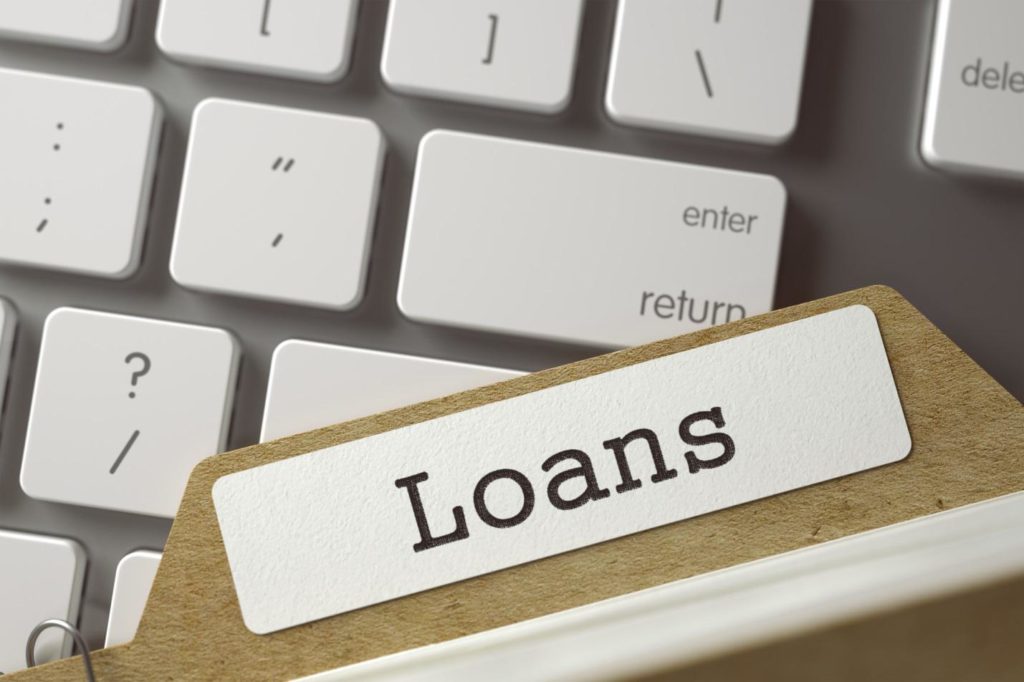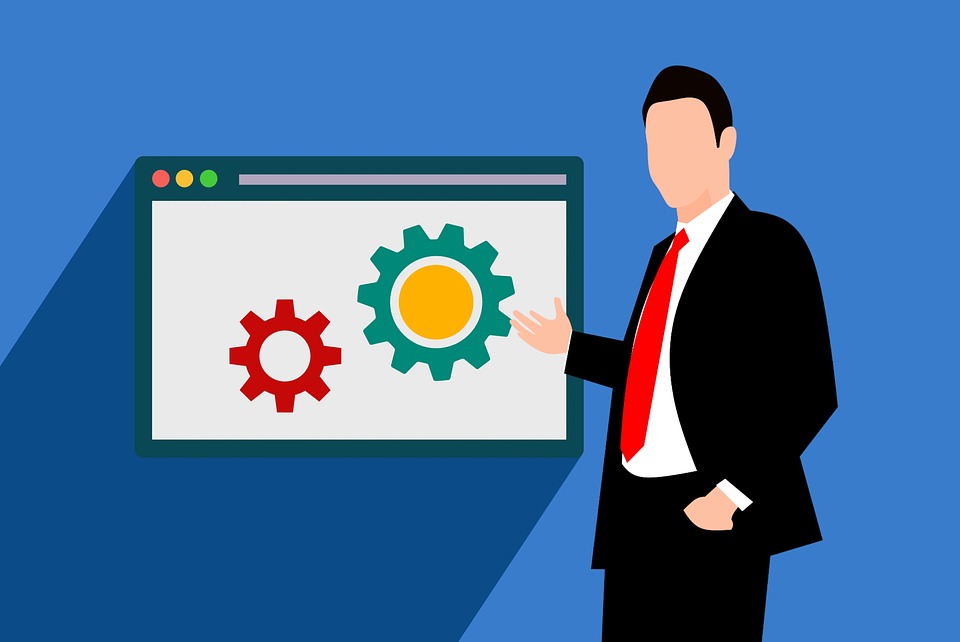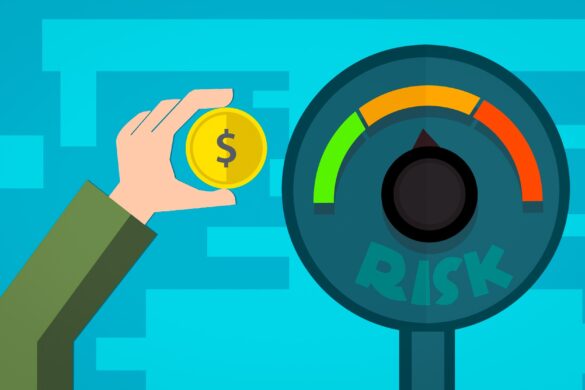
Would you like to start a business but are having trouble funding it?
Many aspiring entrepreneurs want to start businesses but have a hard time trying to fund them. This either causes people to give up their business dreams or get bad loans that have high-interest rates.
Fortunately, there are a variety of ways that you can get funds for your business. You’ll have to prepare yourself to speak with a lender, and you’ll need to know why you’re getting a loan. With some preparation, you’ll be able to get a business startup loan in no time.
Continue reading to learn everything you need to know about starter loans for businesses!
Ask Yourself Why You Need a Loan
Before you decide to get a business startup loan, you’ll need to decide why it is that you want one in the first place. Instead of answering that question by saying you want to start a business, think about why you want to start one.
When you speak with a lender about getting a loan, they’ll ask you about why you’re wanting to start a business and what you expect to gain out of it. Answering those questions ahead of time will allow you to prepare yourself for an interview.
Some of the common reasons why people start businesses are to earn a passive income and because they don’t like working for others. You don’t have to go into much detail about your reasoning, but you’ll need to give them a general idea of why you want to.
What Do Lenders Look For?
Start-up business loans can seem like they’re difficult to get, but most people think this because they never prepare themselves to deal with a lender. When you apply for a loan, lenders will look at the following to determine if you’d be a good fit:
Credit Utilization
Credit utilization plays a major factor when determining your eligibility because it lets lenders know if you’re strapped for cash. If you’re unsure of what credit utilization is, let’s go over it.
If you have a credit card and your line of credit is $7,500, that means that the maximum amount you can borrow is $7,500. If you do borrow that much, your credit utilization is 100%.
The reason why this is important to lenders is that if you’re using 100% of your credit, you most likely don’t have a nest egg. A nest egg is essentially the money you have saved for the future. If you’re using a small percentage of credit, lenders will think that you’re more responsible because you’re not borrowing as much money.
Loan History
Similar to credit utilization, your loan history has a big impact on your eligibility because lenders don’t want to see that you’re constantly borrowing money. It’s okay if you’re using a credit card to occasionally make small payments, but borrowing thousands at a time is a red flag.
Lenders want to see that you rarely take out loans so they don’t think you’re trying to pull a fast one on them. Most people that take out loans often end up defaulting on them, which is failing to make payments on time.
Payment History
For those that do have a history with credit and loans, lenders will look at your payment history to see if you’ve been responsible. If you have bad credit, you have a better chance to get a loan if you’re showing a positive recent history of payments.
Although making a payment is better than not doing so, you need to make payments on time if you don’t want your credit to be negatively affected. Lenders don’t want to wait for your money, they want you to pay on time.
Income
Aside from your history with debt, lenders will take a look at your monthly income to see if you’ll be able to pay them back. Your income will typically affect how much you can borrow, but lenders will work with you to come up with a plan that benefits both of you.
If your income is low, a lender would be more willing to give you a loan with a long payment period if it had high interest. This means that you’d end up paying much more over the period, but you’d be able to fund your business.
SBA loans are some of the most common loans that people get when they look for business funding. These loans typically come from the Small Business Administration, an agency that revolves around helping small businesses succeed.
Depending on what type of business you’re opening, the amount that you’re eligible to borrow will vary. However, it’s normal for a business to be able to borrow around $500,000 to a couple million.
What makes SBA loans unique is that the Small Business Administration will cover a part of the loan if you default. This doesn’t mean that you’re debt-free when they do this. The government will instead start garnishing wages or freezing your bank accounts until the lender gets their money.
Personal Loans
Personal loans are also common and they can be applied for at most banks and credit institutions. When it comes to personal loans, lenders aren’t provided with collateral like that are with an SBA loan.
Because you don’t provide the lender collateral, they’ll place high interest rates on their loans. Personal loans aren’t specifically designed for businesses, either, so the payment periods can be much shorter than they would be if you got an SBA loan.
These loans are best for people that need to gather a few thousand for their business, $50,000 at the most. It’s possible to get these alongside other loans, but you’ll have to ensure you get them paid off quickly unless you want to pay a ton of interest.
Line of Credit
A line of credit is a traditional way of borrowing that almost everyone does. We’ve already gone over what a line of credit is, so let’s discuss the specifics of a credit card.
Depending on the credit card that you get, you can have a higher line of credit if you pay a deposit. This deposit acts as a cushion for the lender because it shows that you’ve already saved money. For cards like this, your line of credit would be $5,000 if you put $5,000 down.
Credit cards provide revolving credit, so after you borrow money, you can continue to borrow as long as you pay your debt. Most credit cards have a minimum monthly balance that you must pay, so you don’t have to repay everything all at once.
Business Equity Loan
Business equity loans are designed for those that already have a piece of real estate, whether it’s a home or company building. With a business equity loan, you can borrow money up the amount of equity that you have in a building.
When lenders give you this loan, they’ll use your equity as collateral. This means that you could lose your company building if you fail to make payments on the loan. This type of loan allows business owners to borrow a large sum of money with a long repayment period.
Look Into Getting These Starter Loans Today
If you’re someone that’s trying to get your business off the ground, any of these starter loans would be a great way to get going. When looking for start-up business loans, you’ll want to be sure that you’re finding ones with good interest rates and longer repayment periods.
The problem that many business owners run into is the short repayment period that comes with many loans, preventing businesses from earning enough income to sustain themselves. However, there are a variety of banks and credit institutions that will ensure you get a fair loan.
You should start preparing yourself to speak with a lender. You’ll need to gather any paperwork regarding your credit history, income, and assets. When you speak with a lender, be ready to explain your credit history to them and why you would like a loan.
When it comes to your loan options, the best loans you can get are SBA loans, personal loans, and business equity loans. These all allow you to borrow large sums of money, but they vary case-by-case. You can also opt for credit cards if you have a high line of credit that will let you fund your business.
Browse our blog to find more articles about business-related topics that will help you start your business. You can also learn more about borrowing money so that you can better prepare yourself for a loan.









